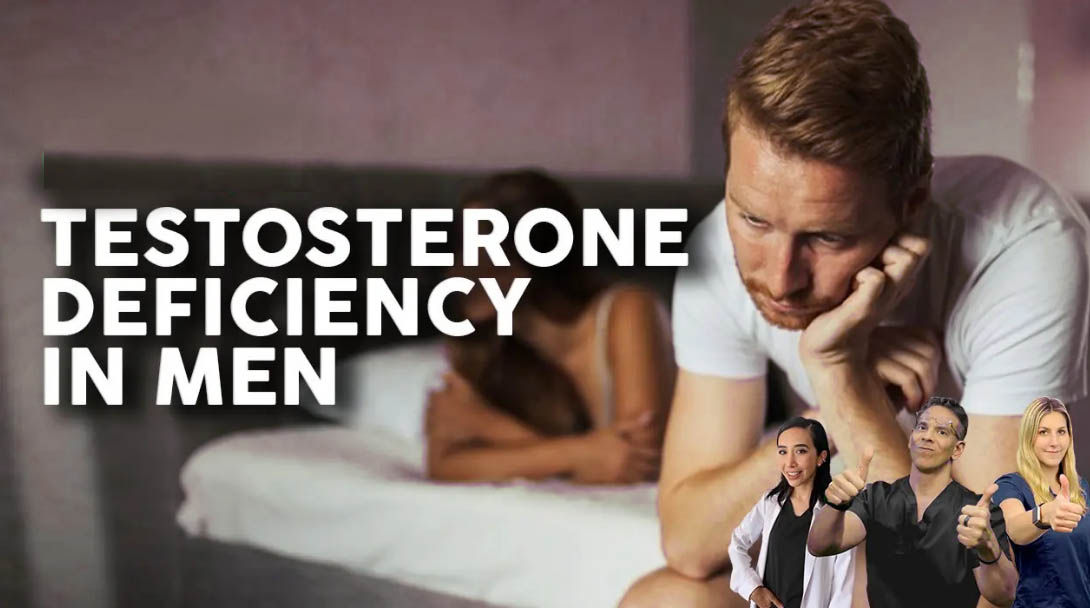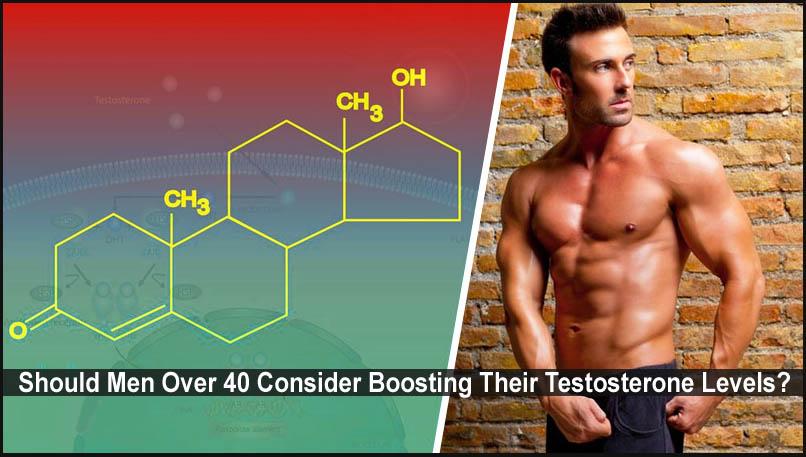We all have times when we lose our motivation or feel constantly exhausted. Many conditions – type 2 diabetes, underactive thyroid, and anaemia to name just a few – affect both men and women. Being overweight or unfit can also affect energy levels. But some conditions which affect energy and sex drive only apply to men, or are more common in men than women.
Read : Erectile Dysfunction Treatment in India
Depression can cause much more than just feeling low. It often leads to a lack of motivation, loss of interest in activities you’d usually enjoy, and a drop in sex drive. Other symptoms include problems sleeping (or sleeping too much), poor concentration, change in appetite and feeling guilty for no good reason.
I’ve seen female patients convinced their husband has “gone off them” when, in fact, their husbands are depressed – and as their mood and energy levels recover with treatment, so does their romantic interest.
Many medications can also affect energy levels. Strong painkillers are often given for chronic pain which, in itself, can be exhausting, but powerful painkillers often carry side effects, with drowsiness or lack of energy among the most common.
Obstructive sleep apnoea, which causes disrupted sleep and daytime exhaustion, affects men twice as often as women. If your man snores and regularly stops breathing for short periods while he’s asleep, he needs to see a GP.
Lack of activity in the bedroom can be down to erectile dysfunction – problems getting or keeping an erection – as well as low libido. Erection problems can be a complication of diabetes or furred-up arteries, which increase the risk of heart attack and stroke. So it’s important to persuade your man to get checked out.
Testosterone is the male equivalent of oestrogen in women – in other words, it’s the most influential hormone for men – and is largely responsible for libido, erections, beard growth, deep voice and strong muscles.
Read : Erectile Dysfunction and Diabetes Treatment in India
In women, oestrogen levels go up around puberty and start to drop rapidly after the menopause. In men, while testosterone starts to be produced around puberty, levels start to drop from the early 30s. While it’s natural for levels of testosterone (and with it, sex drive) to decline with age, abnormally low levels can be unhealthy.
It’s not known exactly how many men are low on testosterone because they‘‘
As well as increasing the risk of heart disease, low testosterone puts men at ’’ higher risk of osteoporosis
often don’t come forward to get checked, but we do know it gets more common with age. Best estimates suggest 1 in 50 men in their 40s-70s, and 1 in 20 men in their 70s have testosterone deficiency.
Being overweight also increases risk, and some medicines (including cancer treatments and strong painkillers). Importantly, low testosterone levels can also increase risk of heart attack and stroke, as well as depression and “brain fog”. It can even make you more likely to die prematurely.
Type 2 diabetes is closely linked to excess tummy weight, as is testosterone deficiency. It’s estimated that as many as half of men with type 2 diabetes may be low on testosterone. Having type 2 diabetes also ups the risk of heart disease – that’s why it’s important to keep blood pressure, cholesterol and sugar levels controlled. If you have type 2 diabetes and low testosterone, treatment can further protect your heart.
Read : Best affordable cost penile implant surgery in India
Ted’s Health runs a tailored online private healthcare service for testosterone deficiency. Their recent survey revealed that more than 2 in 5 men over 55 had never heard of the condition. Even more wished it was easier to talk about, and 2 in 3 had no idea it could affect your overall health.
Low testosterone diagnosis starts with a blood test. If this suggests your testosterone is low, your doctor may arrange further tests. Treatment is usually with a regular skin gel, patch or injection replacement.




